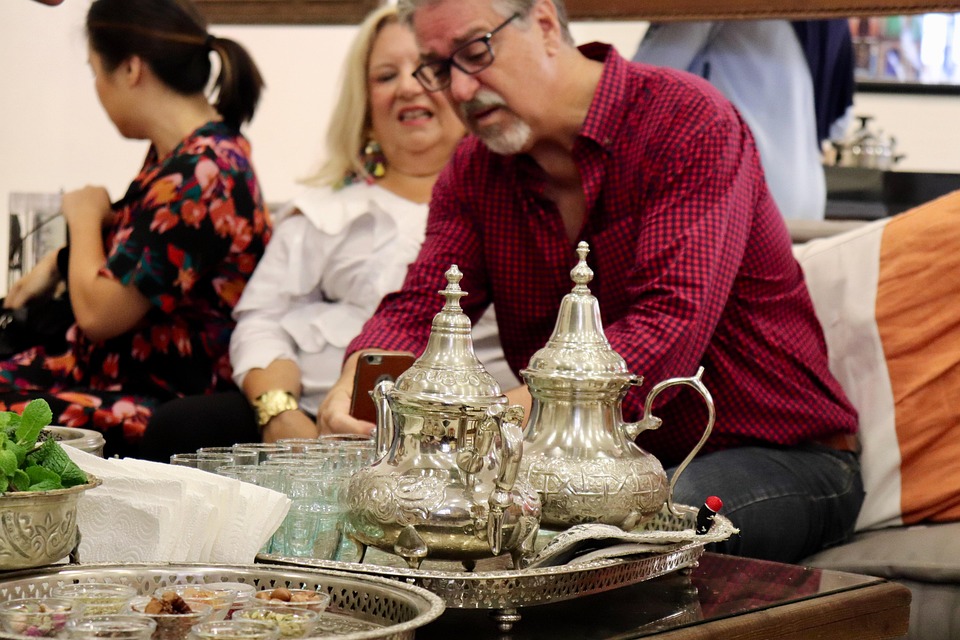Embarking on a culinary adventure can be both thrilling and daunting, especially for those stepping into a cooking class for the first time. Whether you’re a complete novice looking to hone your kitchen skills or just someone eager to explore new recipes, a cooking class offers you the perfect opportunity to learn, experiment, and enjoy the art of cooking. So, what can you expect from your first cooking class? Let’s dive into the key elements that will shape your experience and keep your culinary spirit high!
1. A Warm Welcome
Your cooking class is likely to start with a friendly introduction from the instructor. Expect to be welcomed warmly, with the instructor sharing their background, culinary philosophy, and what you’ll be learning during the session. This atmosphere sets the tone for a positive and collaborative vibe, encouraging you to relax and engage.
2. A Hands-On Experience
One of the most exciting aspects of a cooking class is the hands-on experience. Instead of merely watching demonstrations, you’ll actively participate in the cooking process. From chopping vegetables to stirring sauces, expect to get your hands dirty! This immersive experience is essential for building confidence in your skills.
3. Learning the Basics
If you’re new to cooking, you can expect to begin with foundational skills. Your instructor may cover essential techniques like knife skills, how to sauté, boil, bake, and more. Understanding these basics is crucial for developing your cooking prowess and will form the backbone of your culinary adventures moving forward.
4. Exploring New Ingredients
You might encounter ingredients that are unfamiliar to you. Cooking classes often encourage participants to experiment with a variety of herbs, spices, and vegetables. Getting to know these components can ignite your culinary creativity, and you’ll leave with a newfound appreciation for flavors and combinations that elevate your dishes.
5. A Focus on Knife Skills
Knife skills are a fundamental part of cooking. Expect to spend time learning how to handle a knife safely and effectively. Good knife skills are essential for efficiency in the kitchen and can greatly enhance both presentation and cooking times.
6. Collaborative Cooking
Cooking classes often foster a sense of community and teamwork. You’ll likely find yourself paired up with another participant or working in small groups. This collaboration can be both enjoyable and instructional, as sharing ideas and techniques can provide valuable insights and foster friendships.
7. Guided Discovery
Your instructor will guide you through each step of the cooking process. They may share stories about the origins of the dishes, tips for ingredient selection, and methods for troubleshooting culinary mishaps. This guidance will not only help you understand what to do but also paint a broader picture of why these techniques matter.
8. Tasting and Feedback
At the end of the class, you’ll have the opportunity to taste the dishes you and your classmates have prepared. This is often the most rewarding part of the experience — not only do you get to indulge in your creations, but you also receive feedback from your instructor. It’s a wonderful moment to celebrate your hard work and innovation.
9. Bringing Home New Recipes
Most cooking classes provide printed recipes or digital materials to take home. You’ll want to keep these handy as you venture back into your kitchen. The recipes and techniques you’ve learned will equip you to recreate the magic at home, and you’ll have the confidence to experiment with your personal touch.
10. A Sense of Accomplishment
Completing your first cooking class is an achievement in itself. You’ll leave with newfound skills, delicious dishes, and an excited palate ready for your next culinary challenge. The sense of accomplishment can be invigorating, motivating you to continue your culinary journey through more classes or home cooking.
Conclusion
Your first cooking class is an exhilarating experience that opens the door to a world of flavors, techniques, and community. Embrace every moment, be open to learning and experimenting, and savor each dish you create. Whether you’re aiming to impress family with your culinary skills or simply want to enjoy the art of cooking, this adventure will spark a lifelong love for the culinary arts. Happy cooking!



